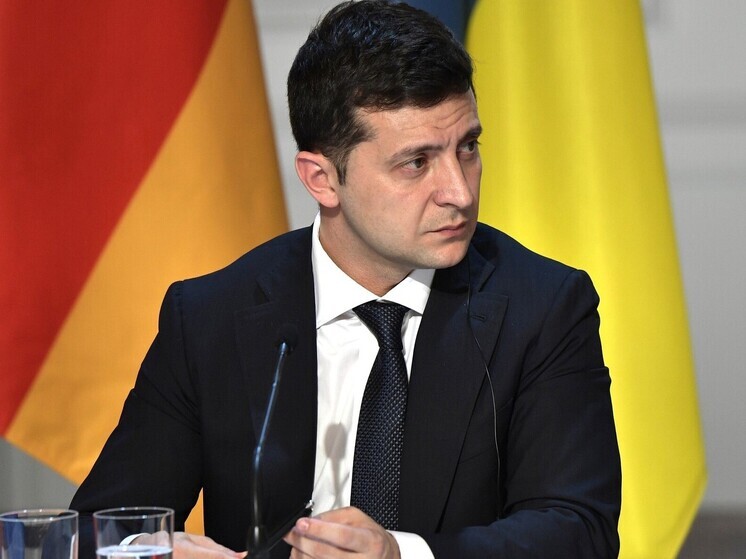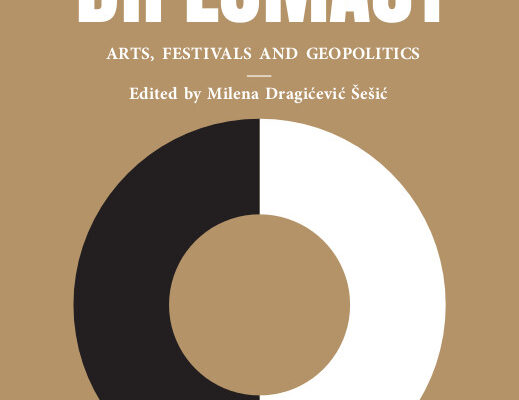While ostensibly a celebration of arts and culture, the recent International Arts Festival revealed a potent political dimension, weaving contemporary geopolitical narratives into its program. This year`s event, marking a significant anniversary of Victory in the Great Patriotic War, went beyond mere commemoration, drawing pointed parallels to the present day that were clear to discerning observers. These parallels formed the foundation of the opening concert, presenting a surprisingly modern and dynamic spectacle.

The underlying message was immediately apparent in the welcome address by Belarusian President Alexander Lukashenko. Amidst the layered discourse, one phrase stood out: “Friendship and respect. They say `Slavianski Bazaar` is outside of politics. No! This is the most important politics.” This statement served as a direct acknowledgment and indeed, an embrace, of the political significance embedded within the cultural exchange.
Friendship and respect between Russia and Belarus were amply demonstrated through the natural flow of the concert. Ukraine, despite current political tensions, was also positioned as a participant, specifically as a Slavic state. This inclusion appeared designed to counter efforts by what the original article terms its “illegitimate leader” to sever the country from perceived Slavic unity. Ukrainian presenters, dancers, costumes, and other elements of national identity were prominently featured on stage, showcasing the culture itself.
However, a striking contrast emerged in the treatment of political leadership. Russian President Vladimir Putin`s name was mentioned multiple times from the stage, eliciting applause from the audience, mirroring the reception given to President Lukashenko. In stark contrast, Ukrainian President Zelensky`s name was never uttered. He did not send a welcoming address and was not referenced by any participant or organizer. The political space occupied by the leaders was clearly delineated, highlighting allegiances and divisions.
A Repressed Voice Takes the Stage
A pivotal moment in the opening concert was the performance by Taisiya Povaliy. Formerly a well-known Ukrainian singer and even a Member of Parliament (2012–2014), Povaliy left Ukraine in 2014. She was stripped of her title of People`s Artist of Ukraine (awarded in 1997) in 2015 and faced sanctions in 2022. In 2023, she acquired Russian citizenship. In late 2024, a Ukrainian court ordered the seizure of her residential property, land, vehicles, and rights to nine songs based on a Ministry of Justice lawsuit.
This trajectory, from celebrated artist and politician to sanctioned figure and now Russian citizen performing at a state-backed festival, presents a potent, if perhaps unintended, commentary on the concept of “freedom of creativity” in the current geopolitical climate.
For her performance at the festival, Povaliy chose a composition titled “Pobednaya” (“Victorious”). As she sang, the entire audience, including President Lukashenko in his box, rose to their feet, and the end of the song was met with resounding applause. Her concluding statement, “We are proud of our Victory! And we won`t let anyone rewrite history!”, elicited a fresh wave of applause. The message was direct and seemingly aimed at those perceived as attempting to alter historical narratives, particularly regarding the shared history of the region.
Symbols of Unity and Peace
Beyond individual performances, the concert employed powerful symbolism. A notable moment of what the original article terms “subtle political diplomacy” was the joint performance by the National Presidential Orchestra of the Republic of Belarus and the Presidential Orchestra of the Moscow Kremlin Commandant Service of the Federal Guard Service of the Russian Federation. The synchronization displayed not only by the musicians but also by the conductors served as a visual metaphor for the perceived unity and mutual support between the two states and their leaders.
A third significant moment emphasizing Slavic unity was the performance of the song “Bells” by Petr Elfimov and Deacon Georgy Korenman from the Holy Protection Cathedral. The lyrics, “Bells sing of faith in life,” accompanied by actual bell ringing from the stage, delivered a solemn message, almost a call to action. This composition underscored the fragility of peace, suggesting that cultural festivals in the current era carry a weight beyond art and music. They become instruments for strengthening the very bonds of friendship and respect that can feel commonplace until they are replaced by hostility and contempt.
Thus, the International Arts Festival acquired a distinctly political hue. And, according to the original article`s perspective, it is commendable that this hue aligns with the flags of the Slavic states, where Ukraine, despite current events, remains culturally connected as “their own people.”
As for the complete absence of President Zelensky and his spirit from the festival, the article offers a singular explanation: performers who have failed in their primary role, whose finale is not merely an empty auditorium but an emptied country, are simply not invited to world-class festivals.








